December 2013 Review
TransConflict is pleased to present a selection of articles published during December, plus updates from the Global Coalition for Conflict Transformation.
Suggested Reading |
Conflict Background |
GCCT |
1) Top 15 articles of 2013
TransConflict recommends the following 15 articles published during 2013. To share your own favourite articles from TransConflict from throughout the year, please use the comment function provided. Read on…
2) The new UN peacekeeping
Gerard M. Gallucci – UN reform of peacekeeping seems to mean mainly focusing on two instances – when civilian deaths in a conflict or failing state are actually or potentially bad enough to make it too politically embarrassing to appear to be doing nothing, and when a UNSC mandate can provide cover for counter-terrorism. Read on…
3) The new UN and peacekeeping
Julian Harston – The return to robust peacekeeping is a disconcerting development since it raises the whole question of the need for impartiality if peacekeepers are to have real legitimacy and it puts the humanitarians and others who work with the UN in greater peril. Read on…
4) Kosovo – the way forward?
Gerard M. Gallucci – Reaching the point of enabling some degree of normality in the north and between local and central institutions in Kosovo and Serbia will be a significant achievement and an important step toward political stability in this part of the Balkans. Read on…
5) The fog of war in Sri Lanka
Michael Roberts and Padraig Colman – Reporting of the civil war in Sri Lanka has tended to distort various aspects of the violence that ensued, particularly in terms of the number of civilian casualties and the causes of their deaths. Read on…
6) Peace education for the culture of peace in Macedonia
Mirjana Kosić – Although the wars have passed, the need for peace education in the former Yugoslavia remains more pertinent than ever. The First Children’s Embassy in the World Megjashi is a local organisation tirelessly promoting peace and advocating for the rights of children in Macedonia. Read on…
7) Bridging divisions in Bosnia-Herzegovina’s society
Mirjana Kosić – Ethnic divisions in Bosnia and Herzegovina are possibly greater than ever before. The Genesis Project, though, shows that reconciliation is not an impossible dream. Read on…
8) New Silk Road – stabilising Afghanistan post-2014
Mariam Safi – The revival of the country’s ancient role as a trade and transport hub for South and Central Asia can contribute to a stable and prosperous Afghanistan. Read on…
9) States have a responsibility to protect higher education from attack
States must protect universities as spaces where professors and students are safe to teach, learn, and research free from threats to their physical and psychological well being, the Global Coalition to Protect Education from Attack (GCPEA) said in a new report released last week. Read on…
10) Rape, sexual slavery and flogging – a crisis situation for women in Sudan
A new report by the The International Campaign to Stop Rape and Gender Violence in Conflict, entitled ‘Survivors Speak Out: Sexual Violence in Sudan’, details the rape, sexual slavery and other forms of sexual violence confronting the women of Sudan. Read on…
Global Coalition for Conflict Transformation
1) Rwanda after genocide – building peace through art
Never Again Rwanda – The ‘Peacebuilding after Genocide’ mobile exhibition used story telling and dialogue methodologies to educate people about the 1994 genocide, to examine what causes violence and to send messages of peace and social cohesion. Read on…
2) Addressing human rights violations in the Armenian armed forces
Peace Dialogue – Using the theatre and theatrical techniques as a mean for creating a safe space for young participants from societies involved in the Nagorno-Karabakh conflict helped breakdown existing stereotypical perceptions of history. Read on…
3) New members of the Global Coalition for Conflict Transformation
TransConflict welcomed two new members to the Global Coalition for Conflict Transformation, from Pakistan and Afghanistan, respectively. Swat Youth Front provides insight and analysis on conflict in the Swat Valley to a variety of national and international actors – particularly through Conflict Early Recovery Initial Needs Assessment (CERINA) and Rapid Needs Assessment Reports – that allow tailour made responses to local needs and challenges, particular of victims and vulnerable groups.The Peace and Human Rights Organization is actively contributing to conflict transformation through attempts to promote respect for human rights of all citizens of Afghanistan, whilst upholding the rule of law across the country.

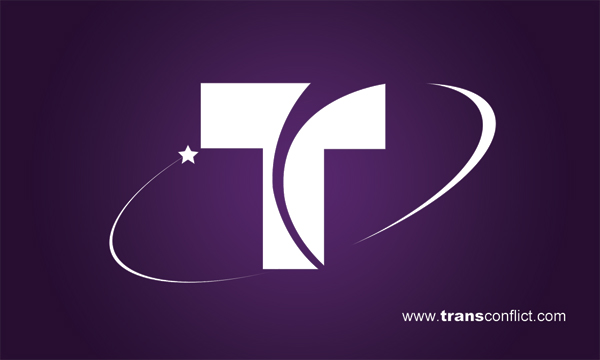

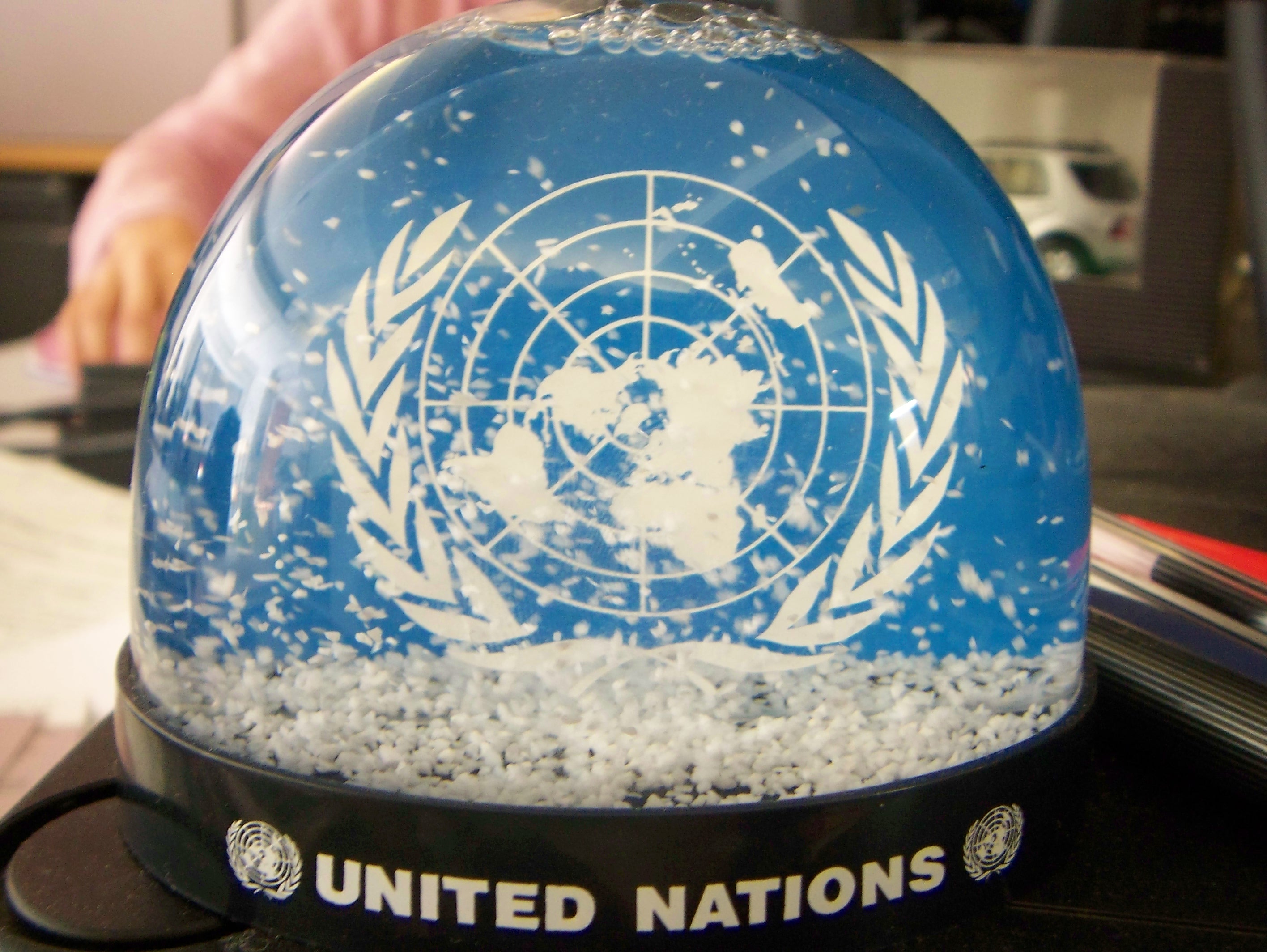
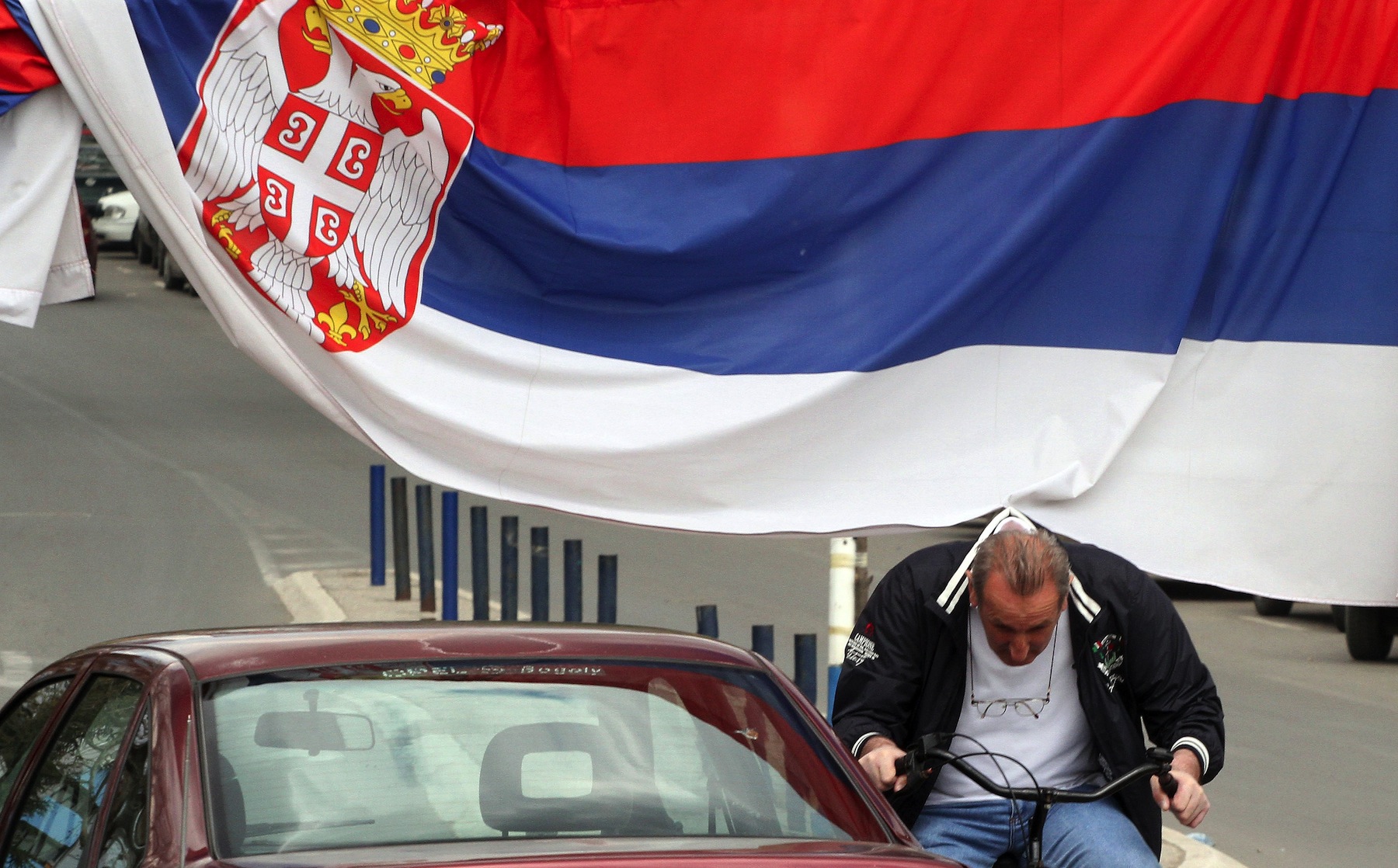
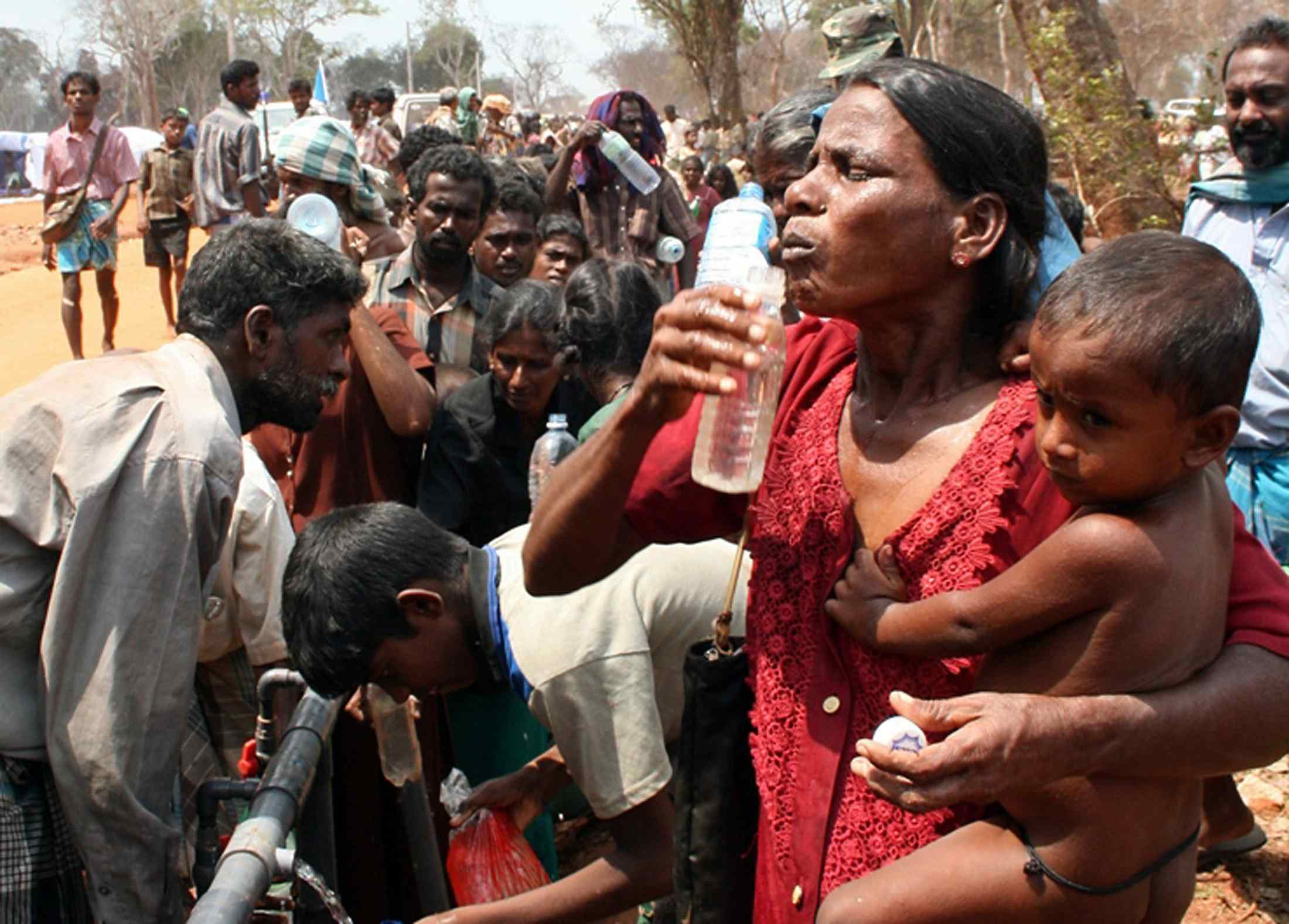
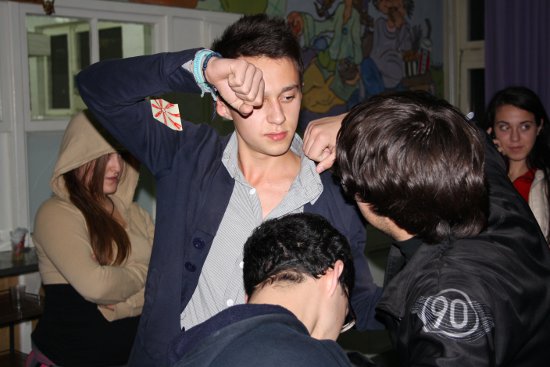
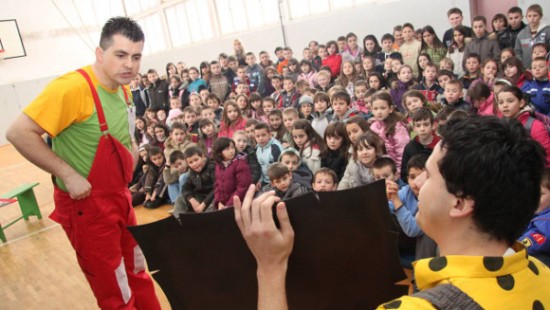
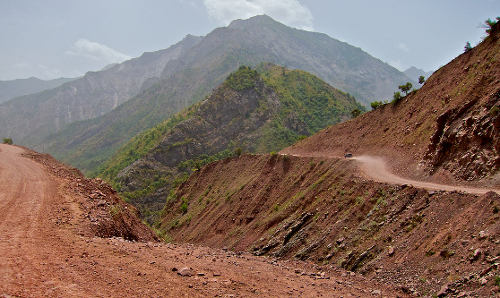
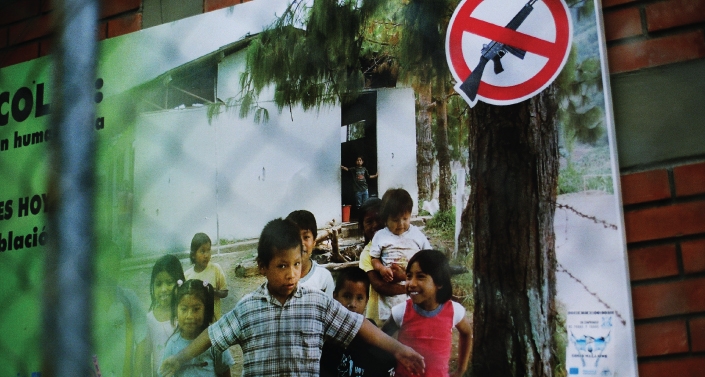
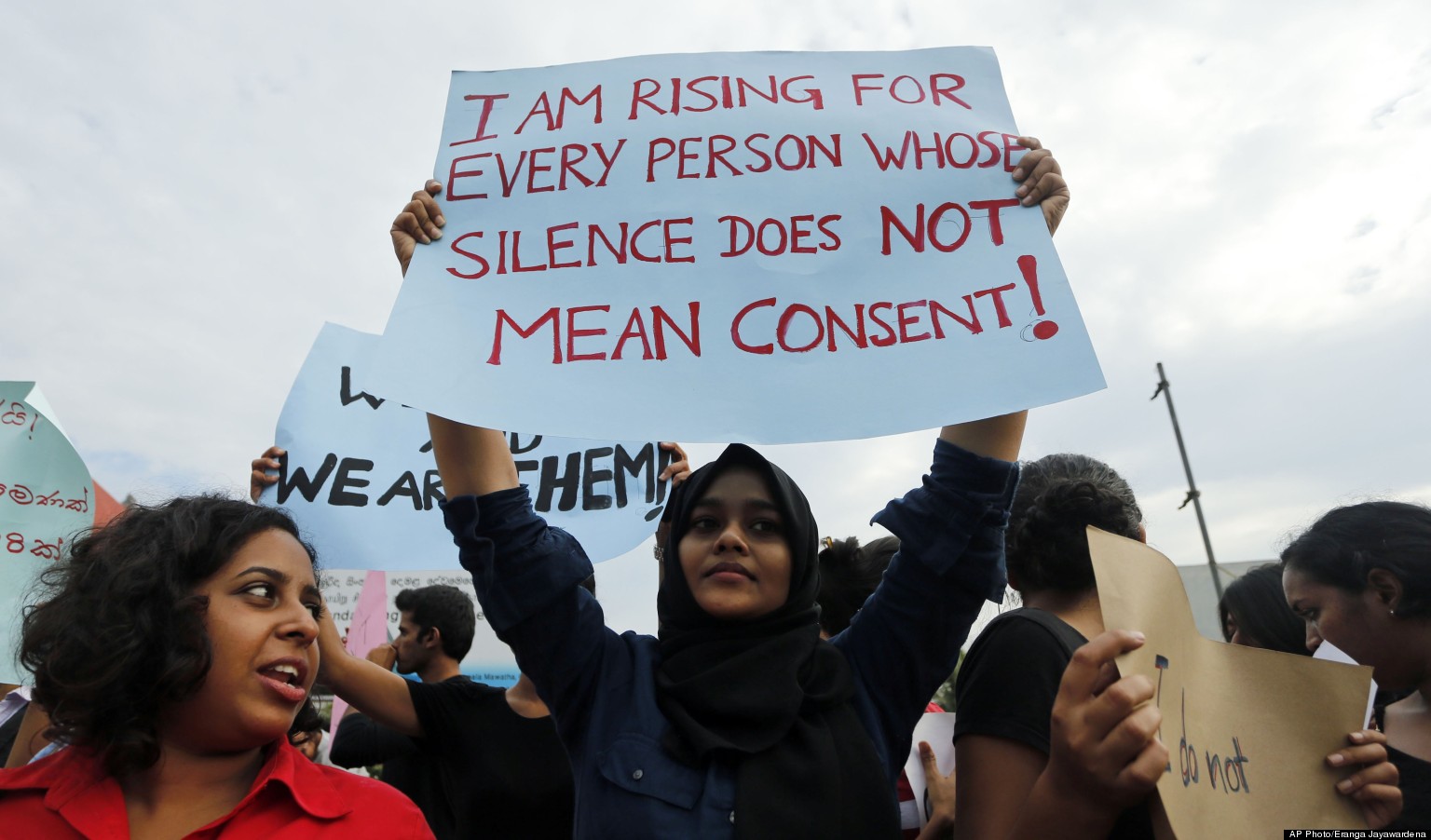
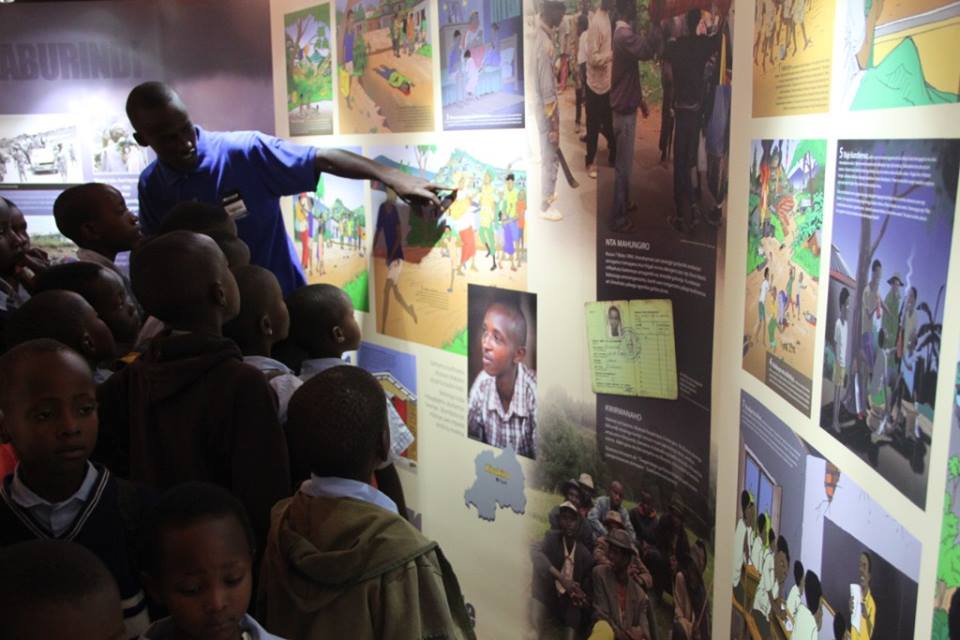
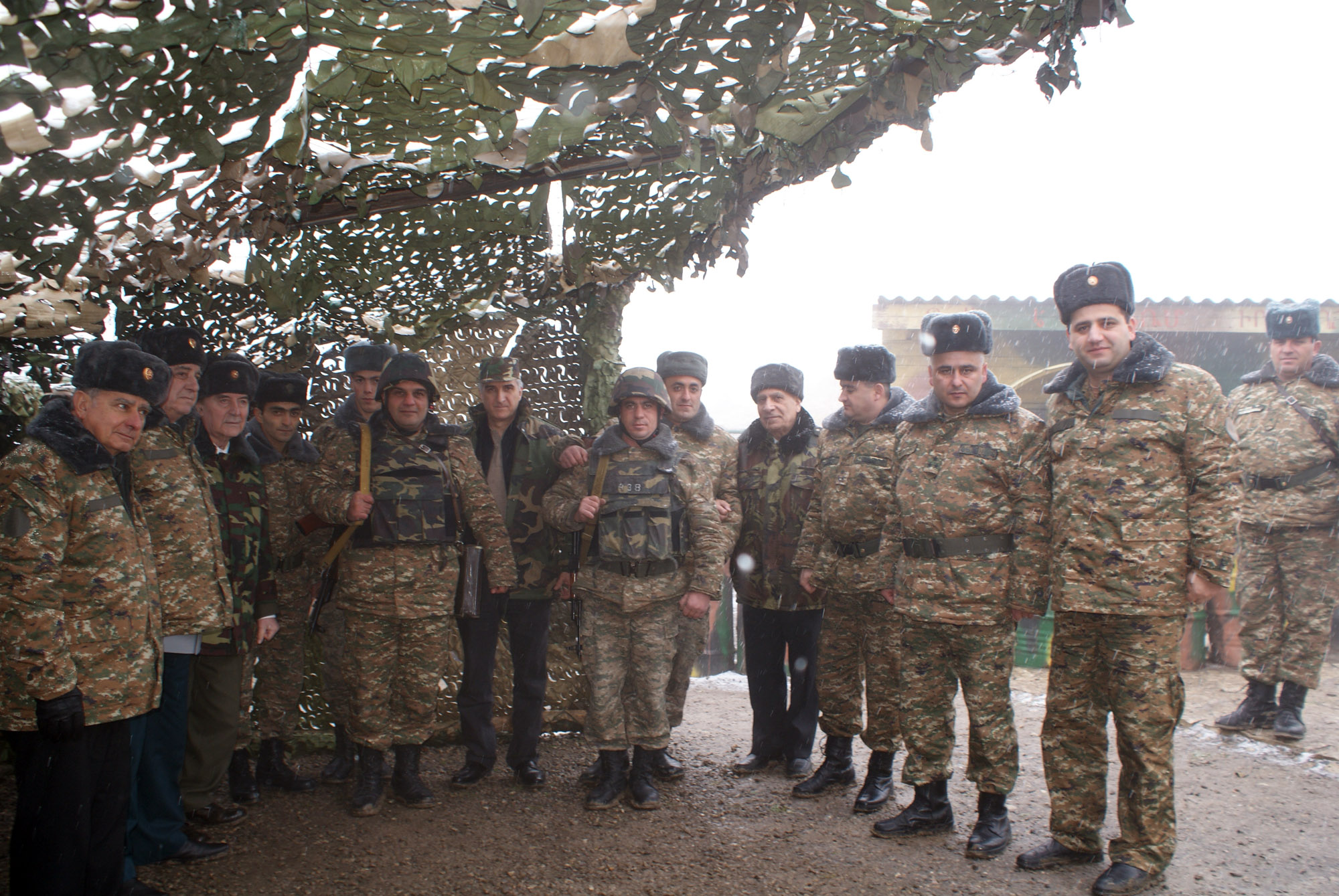


















Check out @TransConflict’s latest monthly review – #peace #peacebuilding – http://t.co/4BrfL1WTcV
Check out @TransConflict’s latest monthly review – #peace #peacebuilding – http://t.co/U2o9r8r9JD
RT @gcct_tc: Check out @TransConflict’s latest monthly review – #peace #peacebuilding – http://t.co/U2o9r8r9JD
RT @TransConflict: Check out @TransConflict’s latest monthly review – #peace #peacebuilding – http://t.co/4BrfL1WTcV
TransConflict – December 2013 Review
TransConflict is pleased to present a selection of articles published… http://t.co/dmWoczPBJ8
RT @Mrezamira: TransConflict – December 2013 Review
TransConflict is pleased to present a selection of articles published… http://t.co/d…
RT @Mrezamira: TransConflict – December 2013 Review
TransConflict is pleased to present a selection of articles published… http://t.co/d…
December 2013 @TransConflict review plus updates from the Global Coalition for Conflict Transformation http://t.co/zjBWyaBx0S
RT @B2Mountains: December 2013 @TransConflict review plus updates from the Global Coalition for Conflict Transformation http://t.co/zjBWyaB…
RT @B2Mountains: December 2013 @TransConflict review plus updates from the Global Coalition for Conflict Transformation http://t.co/zjBWyaB…
RT @B2Mountains: December 2013 @TransConflict review plus updates from the Global Coalition for Conflict Transformation http://t.co/zjBWyaB…